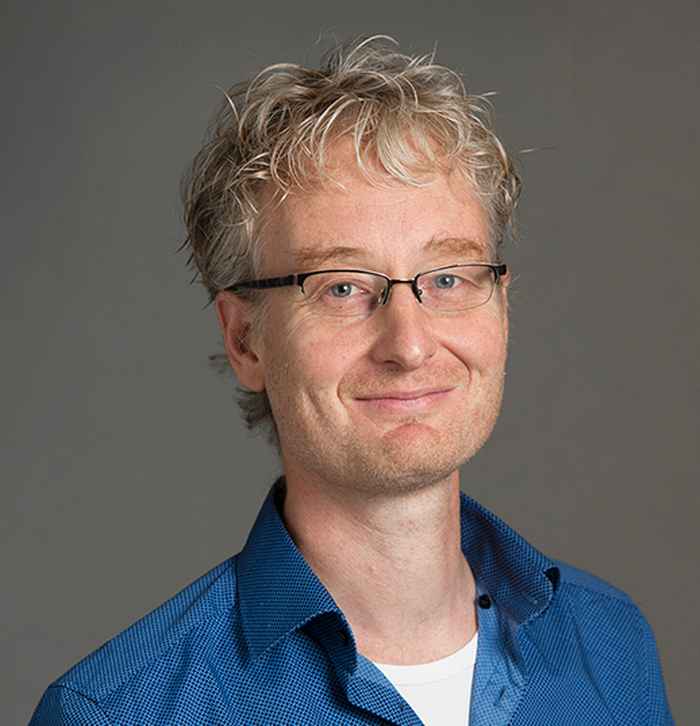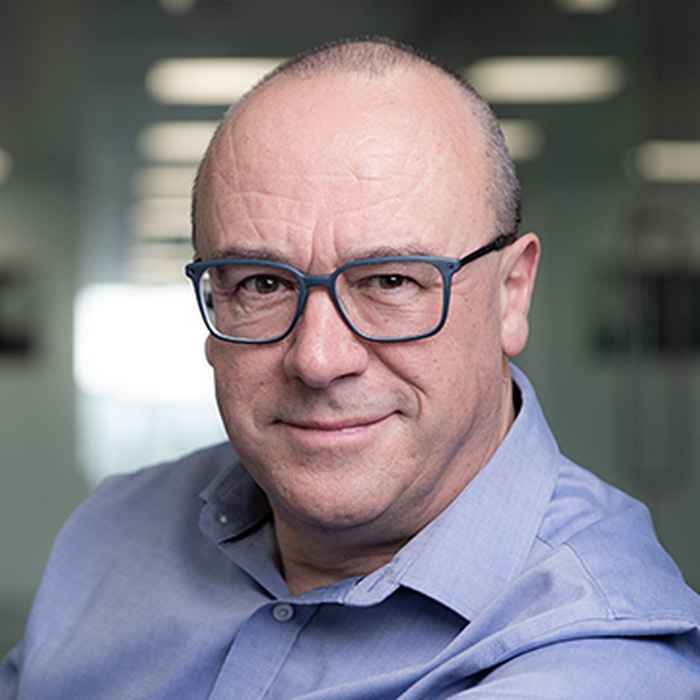Max Welling will lead new Microsoft Research Lab in Amsterdam
20 July 2021

Chris Bishop, and Max Welling, announced that the new satellite Microsoft Research Lab in Amsterdam, which, in collaboration with researchers at the labs in Cambridge, UK, and Beijing, China, will be focused on molecular simulation using machine learning.
Machine learning, molecular simulation, and the opportunity for societal good
Unlocking the challenge of molecular simulation has the potential to yield significant breakthroughs in how we tackle such societal issues as climate change, drug discovery, and the treatment of disease, and Microsoft is ramping up its efforts in the space.

In a podcast episode, Chris Bishop, Lab Director of Microsoft Research Cambridge, welcomes renowned machine learning researcher Max Welling to the Microsoft Research team. Connecting over their shared physics background and vision for molecular simulation, Bishop and Welling explore several fascinating topics, including a future in which machine learning and quantum computing will be used in tandem to model molecules, the power of machine learning to provide “on demand” data in this space, and goals for the first year and beyond at the Amsterdam lab.
Microsoft Research Podcast 'Machine learning, molecular simulation, and the opportunity for societal good with Chris Bishop and Max Welling', 20 July 2021.